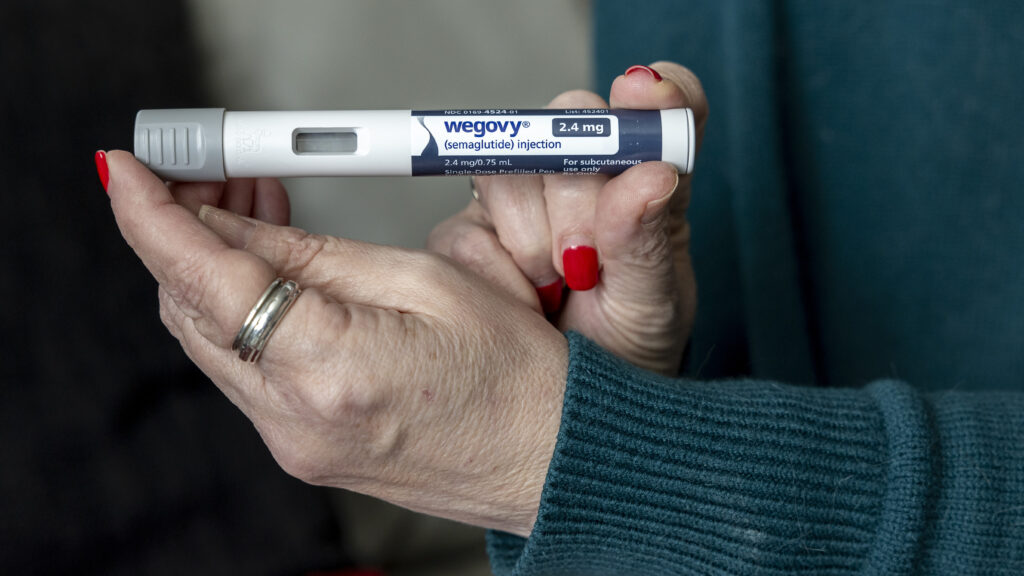Want to stay on top of the science and politics driving biotech today? Sign up to get our biotech newsletter in your inbox.
Good morning. In an unfortunate twist of fate, an Oscar Mayer Weinermobile crashed into another vehicle and flipped on its side yesterday while driving around Chicago, famously known for its hot dogs. Thankfully, no injuries were reported.
advertisement
And that’s it for my local news update. Onto the biotech news today.
The need-to-know this morning
J&J veterans launch startup betting on T cell drugs
A new company, Third Arc Bio, launched today with $165 million from a Series A round led by Vida Ventures, blowing past the original goal of $100 million.
It’s led by J&J veterans Peter Lebowitz and Sanjaya Singh. The startup is focusing on new T cell-based medicines for cancer and immune conditions. It plans to move one or two cancer drug candidates toward the clinic next year, and then develop autoimmune candidates afterward.
advertisement
Read more from my colleague Allison DeAngelis.
Study: A $42,250 Gilead drug could be made for $26
An HIV drug from Gilead that carries a list price of $42,250 for the first year of treatment could actually be made for as little as $26 to $40 per person per year, a new analysis finds.
The drug, called lenacapavir, is approved for HIV treatment, but it drew considerable attention last month when late-stage results found that it prevented women from contracting HIV. If those results are confirmed in another study, the drug could also win approval for pre-exposure prophylaxis.
Though that would represent a big advance, health groups have raised concerns that low- and middle-income countries wouldn’t be able to access those benefits, given the high price tag on the drug.
Read more from my colleague Ed Silverman.
What if Medicare buys Novo Nordisk?
Medicare would experience a huge budgetary challenge if it starts covering GLP-1 drugs for weight loss purposes, so much so that a group of researchers at Yale University argue it wouldn’t be the worst option for Medicare to directly buy Novo Nordisk at its current market cap of over $600 billion.
In a new opinion piece, the researchers say that this is clearly unlikely to happen, but they wanted to invoke this thought experiment to illustrate the difficult position that Medicare is in.
“Wegovy presents an urgent challenge to the sustainability of Medicare and Medicaid, whose budgetary outlook under the status quo is so dire that buying Novo Nordisk begins to seem like a sensible strategy,” they say.
Contradictory coverage decisions in North Carolina
Speaking of how difficult it is for payers to deal with GLP-1s, North Carolina’s Medicaid program said it will start covering obesity drugs in August. Curiously, this comes after North Carolina decided to stop covering obesity drugs for its state employees due to the high costs.
North Carolina had said that obesity drugs costed the state employee plan $100 million last year and represented 10% of prescription drug spending.
Yet the announcement about Medicaid coverage emphasized the health benefits of the class of GLP-1 drugs, saying the treatments can help lower blood sugar and prevent heart complications on top of helping people lose weight.
More reads
- J&J seeks expanded approval for antidepressant Spravato, BioPharma Dive
- Private biotech M&A surges amid difficult IPO market, BioPharma Dive
- WuXi AppTec more than tripled lobbying spend as Biosecure Act advanced in Congress, Endpoints
- Opinion: Fixing the reimbursement and coverage divide between ‘breakthrough’ drugs and medical devices, STAT

